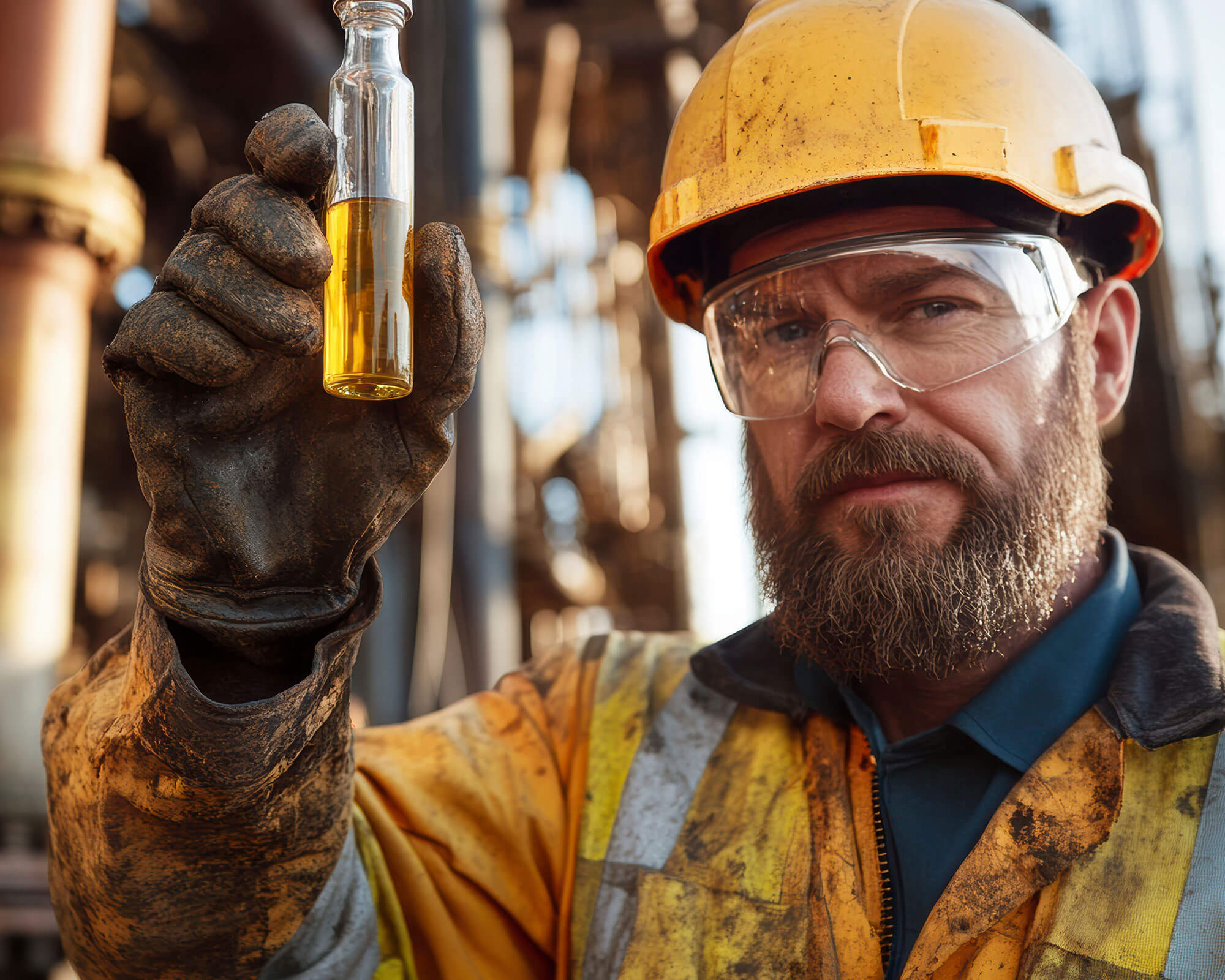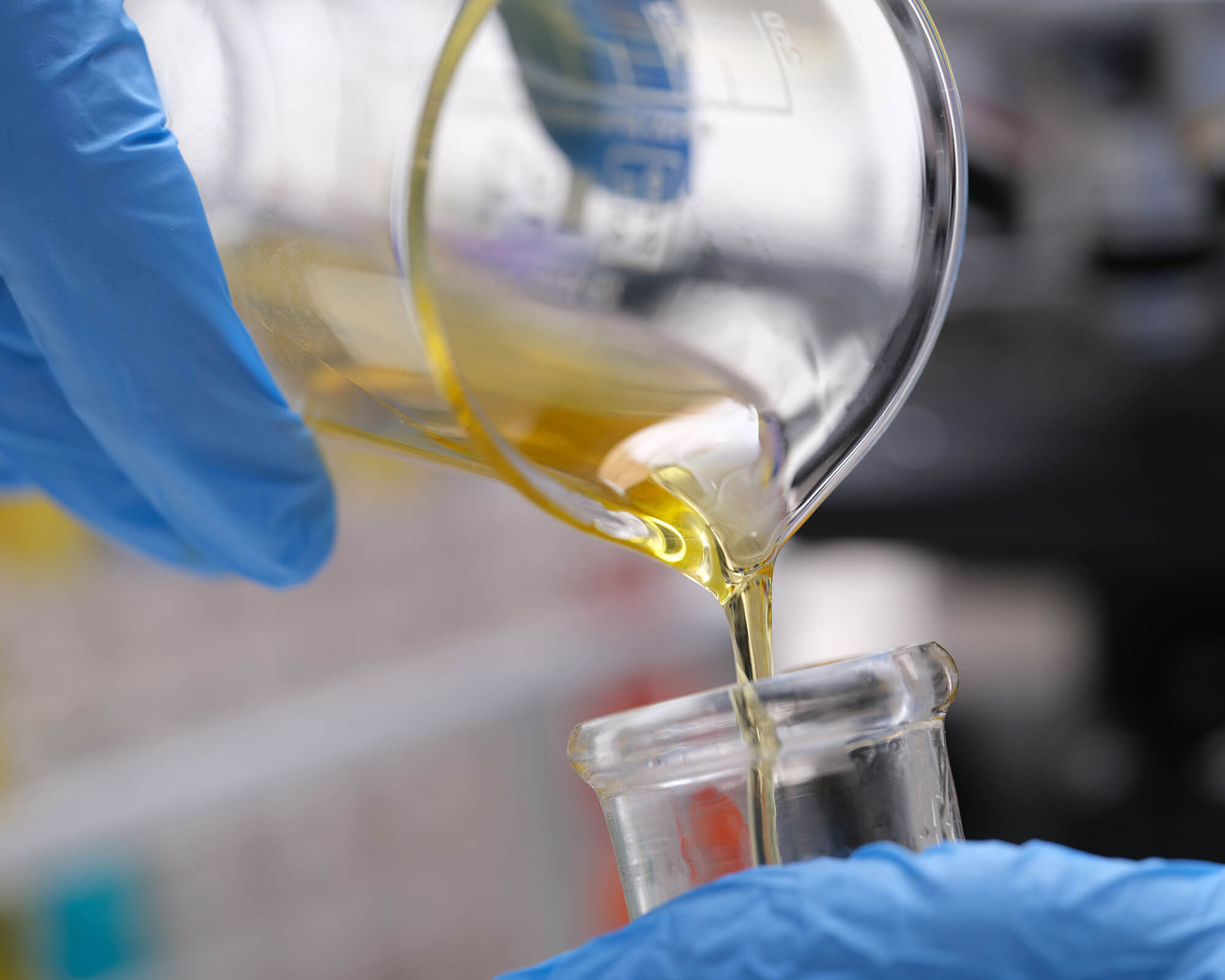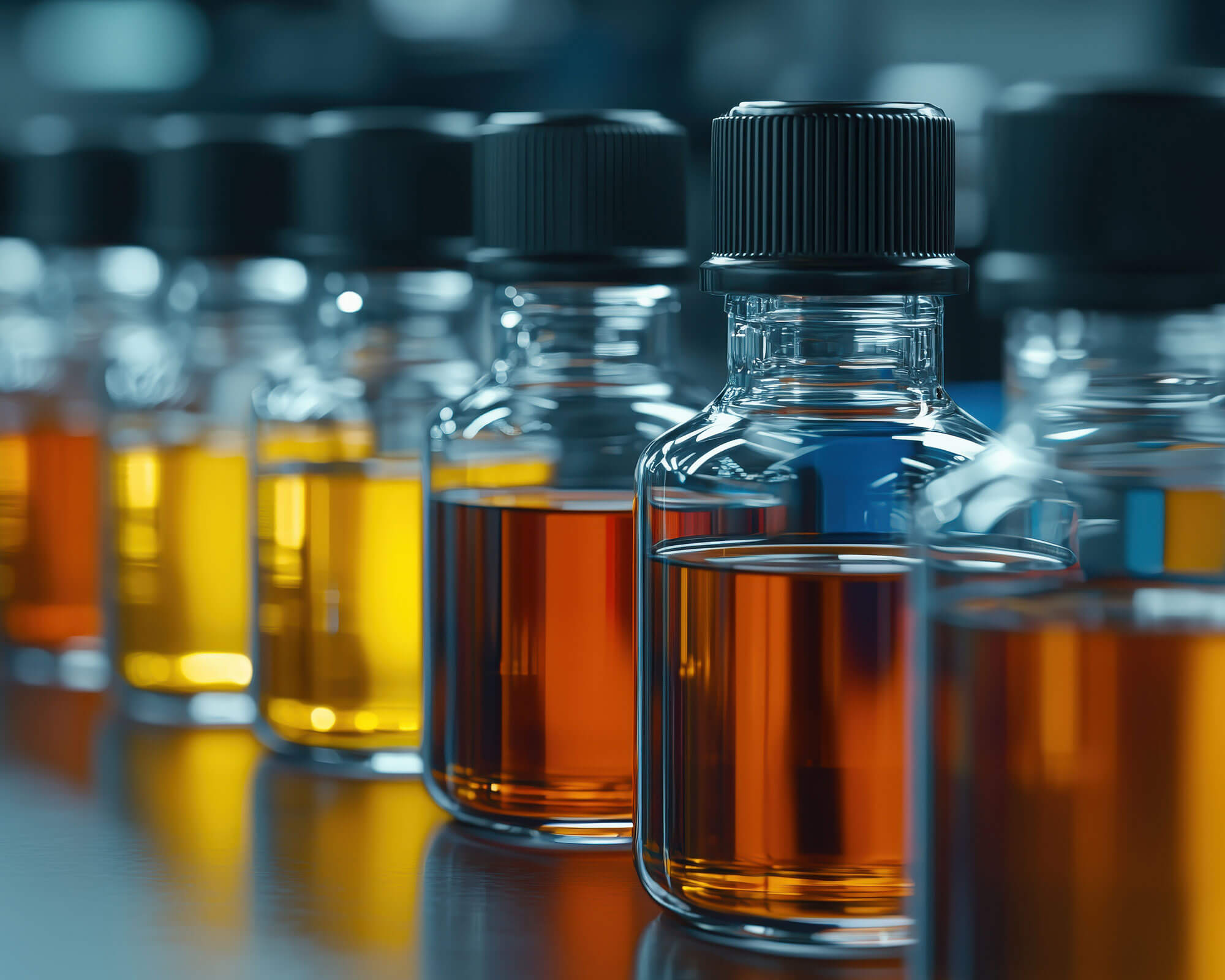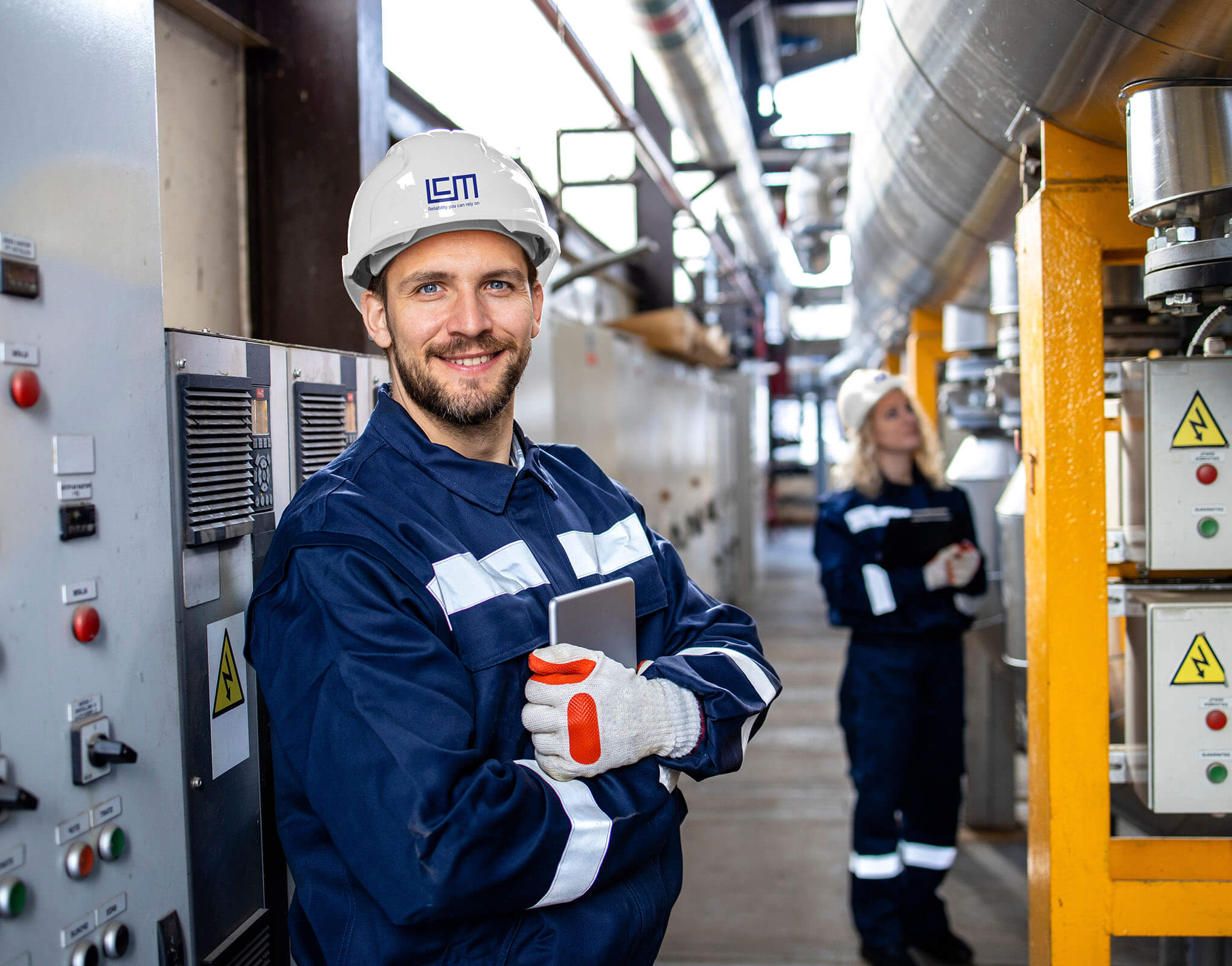Protect Your Operations with Proactive Fuel Testing and Sampling.
Fuel Testing and Sampling.
At LCM Environmental, we provide comprehensive fuel testing and sampling, filtration, and polishing services.
Regular maintenance, recommended every 6 – 12 months, not only prevents costly downtime but also helps you stay ahead of regulatory requirements. Ensuring your stored fuel remains clean, compliant, and ready to perform in critical applications.

Prevent Downtime with Proper Fuel Testing.
What Causes Fuel Contamination?
Fuel contamination can occur gradually and go unnoticed until it impacts performance. Common causes include:
- Water ingress from condensation, damaged seals, or tank breathing.
- Microbial growth (often called “diesel bug”), which thrives in moist environments and forms sludge that clogs filters.
- Particulate matter such as rust, dirt, and debris from tank corrosion or poor handling.
- Natural degradation – over time, stored fuel oxidises, forming gums and varnishes that reduce efficiency.
In fact, the bottom 10% of your fuel tank typically contains over 90% of contamination, making professional sampling and maintenance essential.

Fuel Testing That Meets the Highest Standards.
Is Your Fuel Testing Meeting the Standards?
Our services are delivered to meet or exceed industry standards, including:
- Class A2 Refinery Grade – our target quality following filtration and polishing.
- ISO 8217 – benchmark for marine and stored fuel quality.
- ISO 17025 – compliance through accredited lab testing.
All fuel analysis is completed using state-of-the-art laboratory equipment and experienced engineers. The waste removed during cleaning is disposed of under our Environment Agency waste permit licence, and you receive full documentation and certification for your records.
Fuel Testing and Sampling is The Foundation of Any Effective Fuel Management Plan.
How and Why Do We Test Fuel?
Why Do We Take a Fuel Sample?
Fuel sampling is the foundation of any effective fuel management plan. We take samples using specialist, contamination-free equipment and draw from multiple points in the tank, especially the base where contamination settles. This gives us a representative picture of your fuel’s condition.
Regular testing helps to:
- Prevent sudden equipment failures.
- Identify early signs of microbial or water contamination.
- Ensure compliance with quality standards.
Where Is the Fuel Sample Tested?
To maintain complete impartiality and accuracy, all fuel samples are tested by an independent, UKAS-accredited laboratory. This guarantees objective results and allows us to provide you with detailed analysis reports outlining any issues found.
After the initial analysis, if filtration is required, we will also conduct a follow-up test post-cleaning to confirm that the fuel has been restored to the required standard.
What Do We Test Fuel For?
Fuel Testing gives you a clear understanding of what’s happening inside your storage tank. We check for water, which can lead to rust or microbial growth, and look for signs of bacteria, mould, or fungi that might affect the quality of your fuel. We also identify any dirt, rust, or sludge that could clog filters or damage equipment.
On top of that, we assess how the fuel has aged, checking its stability, oxidation, viscosity, and density to make sure it still performs as it should. The results are straightforward to act on, helping you decide whether your fuel is good to go or needs a bit of attention.
What Happens Next?
Fuel Polishing & Restoration: Back to Class A2 Standard
If tests show your fuel is out of specification, LCM Environmental can restore it to Class A2 Refinery Grade using our high-performance filtration and polishing systems. Our process removes water, microbial contamination, and particulates using probes, pumps, and pipes designed to access the most contaminated parts of your tank.
We can process over 100,000 litres per day, making us fully equipped to handle large commercial fuel stores.
Are you ready to create your fuel testing plan?
Or speak to the team on 0808 164 4570.
Are you concerned about the quality of your fuel and its regular maintenance? With LCM we reduce the amount of downtime of your tanks whilst adhering to regulatory requirements.
Contact the LCM team today to take control of your fuel quality with our expert fuel management team.

Long-Term Fuel Protection Made Easy.
How to Keep Your Bulk Stored Fuel Safe?
Prevention is better than cure. Here’s how you can protect your fuel investment:
- Schedule regular sampling and testing (every 6-12 months).
- Keep tanks sealed and water-free to prevent condensation and leaks.
- Invest in periodic fuel polishing to maintain optimal quality.
- Implement tank cleaning and maintenance to remove microbial growth and sludge.
- Monitor environmental conditions to reduce the risk of degradation.
LCM also provides full tank testing and cleaning services to address underlying issues in your storage infrastructure – our team is happy to help.
Our Values and Promises.
Our Service Solutions.
With over 35 years of dedication to delivering reliable, sustainable, compliant solutions that reduce your risk and increase your peace of mind. It’s why we exist; to ensure the wheels of the world keep turning.

Frequently Asked Questions.
We recommend testing your fuel every 6 to 12 months. Regular testing helps identify contamination early, ensures compliance with industry standards, and prevents costly downtime or equipment failure.
Fuel can become contaminated by water ingress, microbial growth, sludge buildup, or particulate matter like rust or dirt. These issues are often caused by condensation, poor tank maintenance, or long periods of storage without monitoring.
Fuel samples are tested for water content, microbial activity, particulates, stability, oxidation, and chemical composition. This gives a full picture of fuel quality and highlights any risks to performance or compliance.
All our fuel samples are sent to an independent, UKAS-accredited laboratory for impartial and reliable analysis. This ensures you receive accurate, actionable results.
If your fuel analysis shows any kind of contamination, we can clean/filter and restore it using advanced filtration and polishing equipment. Our service removes water, sludge, bacterial growth, and particulates, returning your fuel to Class A2 Refinery grade wherever possible.
Yes. We ensure fuel meets ISO 8217 and EN 590 standards, along with Class A2 specifications for refinery-grade performance. Our testing and cleaning processes align with all relevant environmental and fuel quality regulations.
Absolutely. We issue a detailed fuel analysis report and, after any cleaning or filtration work, a full waste disposal certificate under our EA waste permit. You’ll also receive clear guidance on any next steps.
Yes. If contamination is linked to the tank itself, we can carry out professional tank cleaning and testing services to ensure your storage infrastructure is safe and compliant. Find out more.
No. While we specialise in protecting critical infrastructure, our fuel testing and cleaning services are suitable for any site storing fuel in bulk, including generators, plant equipment, fleets, and heating systems.

